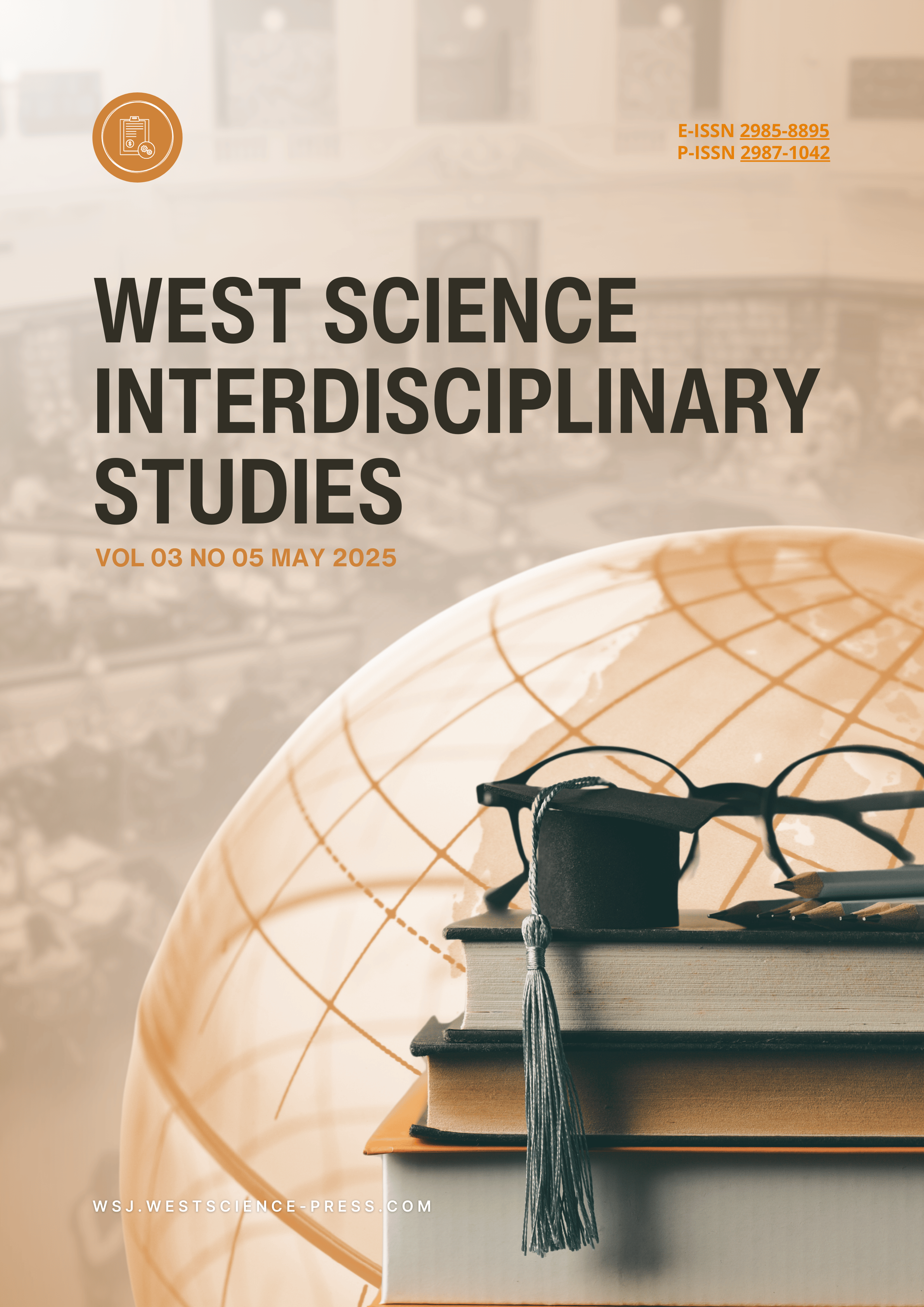Review of Copyright Regulations for Songs Created by Artificial Intelligence in Indonesia
DOI:
https://doi.org/10.58812/wsis.v3i05.1938Keywords:
Artificial Intelligence, Copyright, International Policy, AI-Generated Works, IndonesiaAbstract
This study aims to analyze the copyright regulation of works created by Artificial Intelligence (AI) in Indonesia, particularly in the context of AI-generated music. The method used is normative legal research with a comparative law approach to compare international policies related to AI copyright and adapt them into Indonesia’s legal system. The results reveal that based on Law No. 28 of 2014 concerning Copyright, AI cannot be recognized as an author because it does not meet the “human” criteria required to obtain copyright protection. Furthermore, in international practice, some countries have begun to recognize AI-generated works by granting copyright to humans involved in the development or operation of AI. Therefore, Indonesia needs to consider updating its copyright law to accommodate advancements in AI technology while protecting the copyright of human creators. This study also recommends that Indonesia adopt international approaches to clarify copyright protection for AI-generated works by emphasizing human involvement in the creative process.
References
[1] P. Manikandan et al., “An artificial neural network based prediction of mechanical and durability characteristics of sustainable geopolymer composite,” Adv. Civ. Eng., vol. 2022, no. 1, p. 9343330, 2022.
[2] T. Margoni, “Artificial Intelligence, Machine learning and EU copyright law: Who owns AI?,” Mach. Learn. EU Copyr. law Who owns AI, 2018.
[3] J. B. Bullock, “Artificial intelligence, discretion, and bureaucracy,” Am. Rev. Public Adm., vol. 49, no. 7, pp. 751–761, 2019.
[4] W. Cornish, D. Llewelyn, and T. Aplin, Intellectual Property: Patents, Copyright, Trade Marks and Allied Rights (6 th. London, Sweet & Maxwell, 2003.
[5] R. Kurzweil, R. Richter, R. Kurzweil, and M. L. Schneider, The age of intelligent machines, vol. 579. MIT press Cambridge, 1990.
[6] D. I. Poole, R. G. Goebel, and A. K. Mackworth, Computational intelligence, vol. 1. Oxford University Press Oxford, 1998.
[7] C. Ruipérez, E. Gutiérrez, C. Puente, and J. A. Olivas, “New challenges of copyright authorship in AI,” in Proceedings on the International Conference on Artificial Intelligence (ICAI), The Steering Committee of The World Congress in Computer Science, Computer …, 2017, pp. 291–296.
[8] U. Pagallo, “Apples, oranges, robots: four misunderstandings in today’s debate on the legal status of AI systems,” Philos. Trans. R. Soc. A Math. Phys. Eng. Sci., vol. 376, no. 2133, p. 20180168, 2018.
[9] S. Ortega, “The Digital Millennium Copyright Act-In Need of a Major Software Update,” Mich. Bus. Entrep. L. Rev., vol. 12, p. 75, 2023.
[10] S. Yanisky-Ravid, “Generating Rembrandt: Artificial Intelligence, Copyright, and Accountability in the 3A Era-The Human-Like Authors Are Already Here-A New Model,” Trademark Rep., vol. 114, p. 998, 2024.
[11] L. Andrini, “Redesigning Indonesia Copyright Act to Accommodate Autonomous Intelligent System: Status Quo and Room for Improvement,” Asian J. Law Econ., vol. 9, no. 3, p. 20180013, 2018.
[12] E. Rosati, “The Monkey Selfie case and the concept of authorship: an EU perspective,” J. Intellect. Prop. Law Pract., vol. 12, no. 12, pp. 973–977, 2017.
[13] H. S. Disemadi, “Lenses of legal research: A descriptive essay on legal research methodologies,” J. Judic. Rev., vol. 24, no. 2, pp. 289–304, 2022.
Downloads
Published
Issue
Section
License
Copyright (c) 2025 Roger Narendra Wardana, I Made Sarjana

This work is licensed under a Creative Commons Attribution-ShareAlike 4.0 International License.
























 Instagram
Instagram 